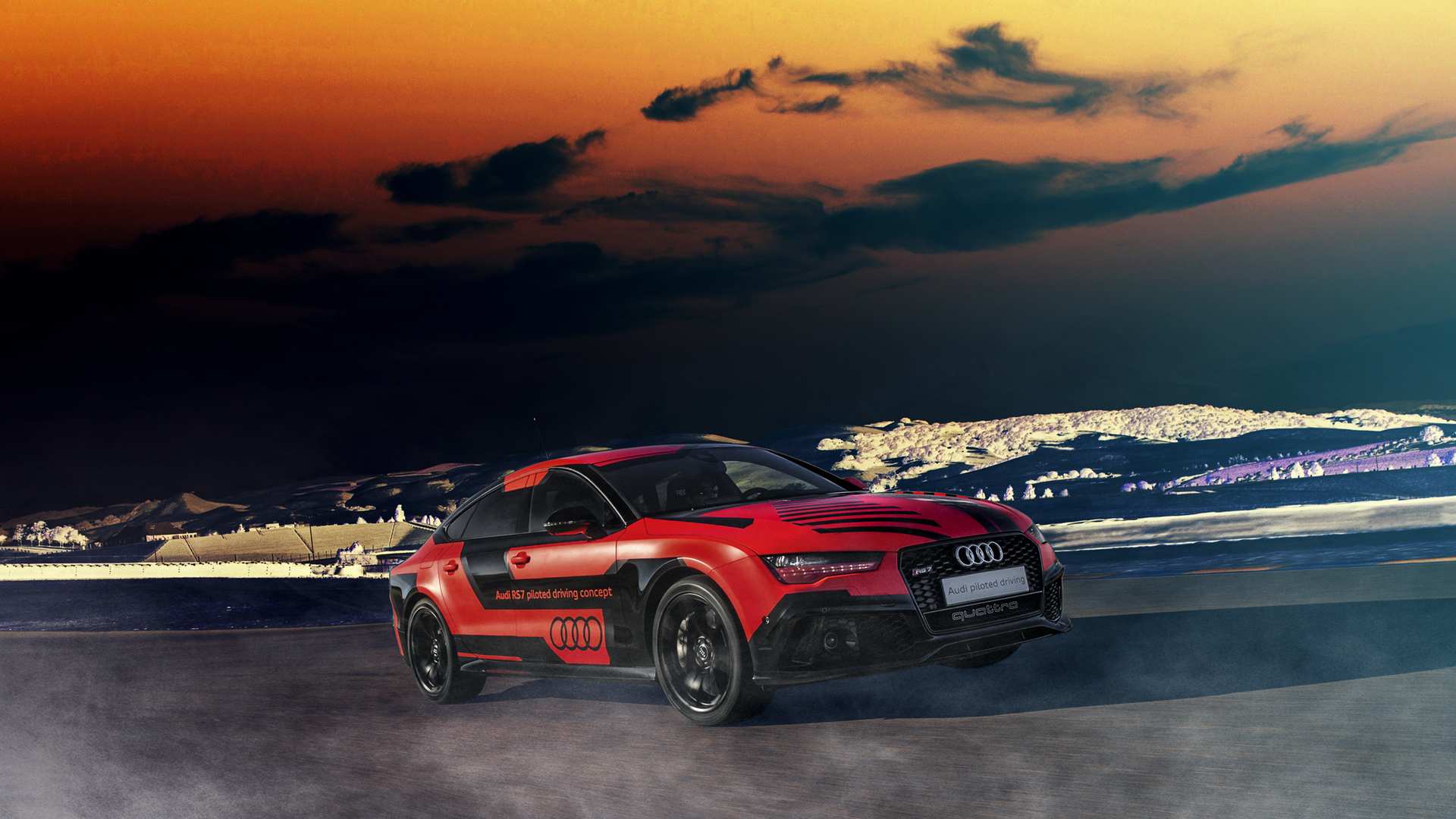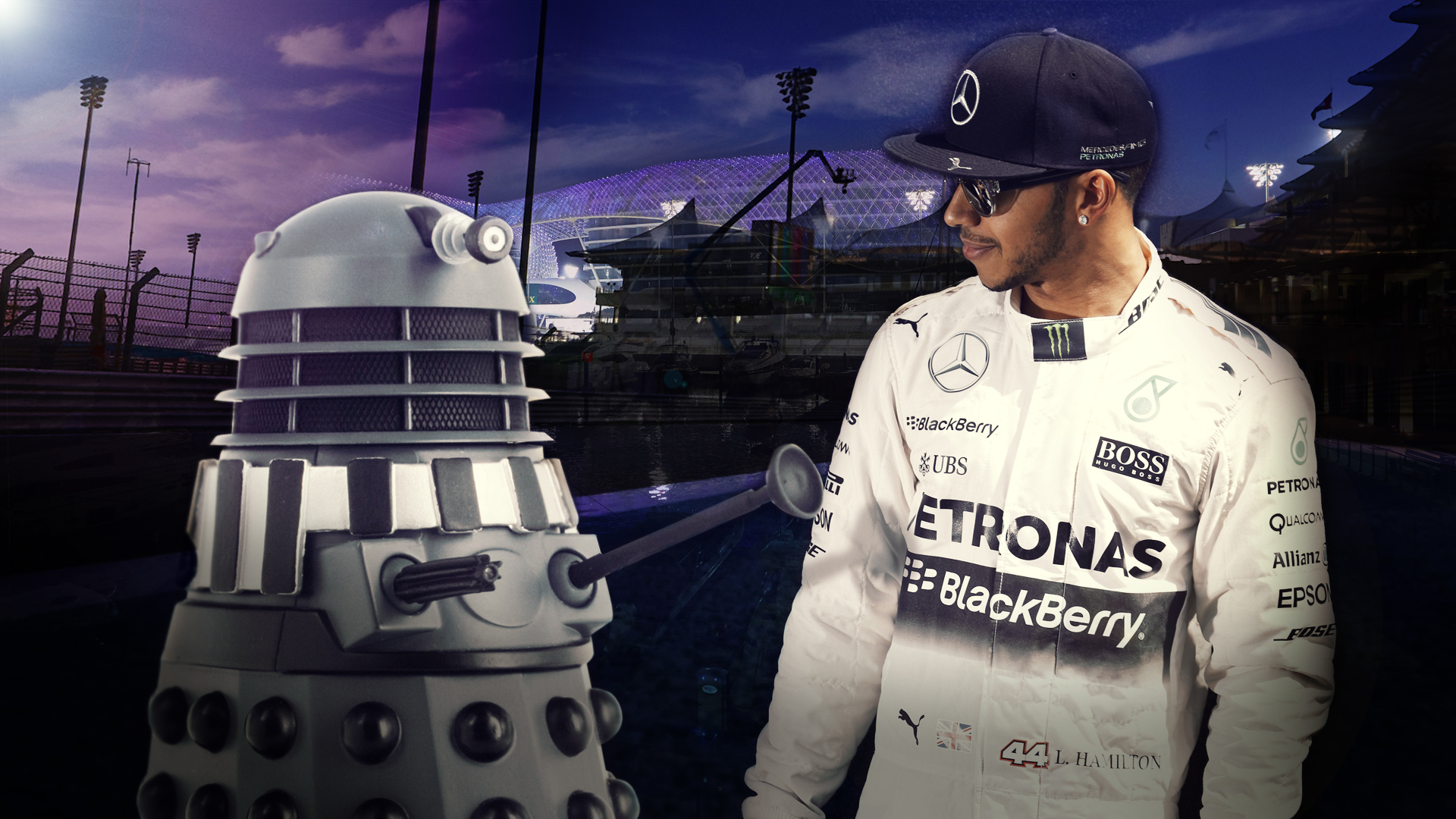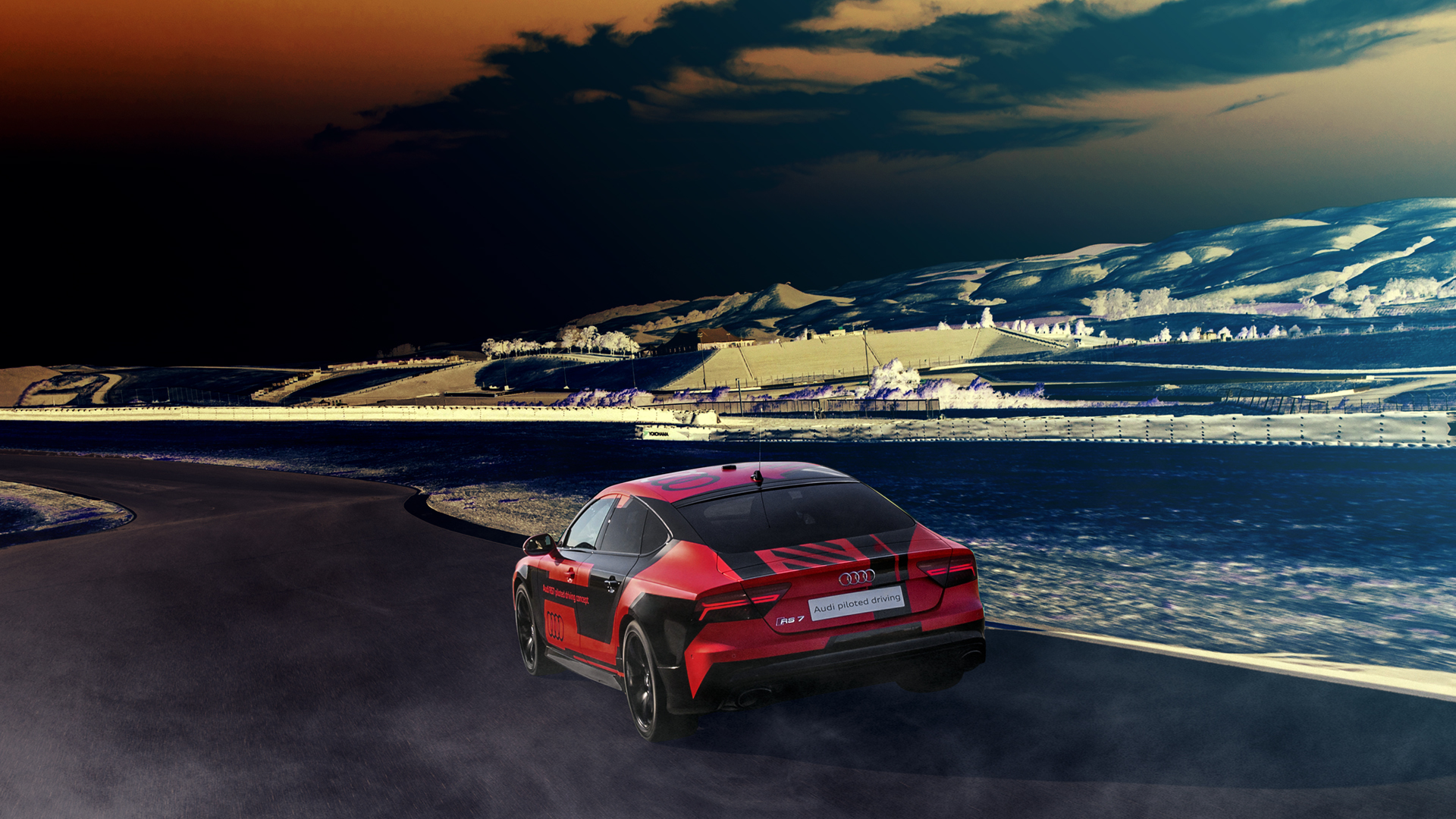
Back To The Future Day: could self-driving cars kill motorsport?
Audi's autonomous RS7 can lap faster than a human. Game over for racing?
As movie aficionados will know, Back To The Future II predicted with spooky accuracy almost every detail of life in 2015. Cars powered by waste. Hoverboards. Appalling plastic clothing.
But one thing BTTFII didn't foresee was the rise of the self-driving car - and indeed the self-driving racing car.
No, we haven't quite reached the era of the automonous automobile, though Tesla's doing its best to usher it along as quickly as possible. The era of the autonomous race car, though, could be even closer.
A couple of months back, Audi reported an autonomous version of its new RS7 - yep, the one we got a passenger ride in last year - "turned in lap times that were better than those of sports car drivers" at California’s tricky Sonoma raceway.
We’re told the self-driving 560bhp four-door lapped the 2.5-mile circuit in 2mins 1sec, recording a succession of all-but-identical times with ‘uniform precision’.
Now, we don’t know (though you can be sure Audi does) how fast a human can get around Sonoma in an RS7, nor what grade of ‘sports car driver’ the autonomous car outpaced. Not least, presumably, because any self-respecting racing driver for hire wouldn’t want it publically known that he or she had just been thrashed by a robot.
But it’s a moot point whether the RS7, on this occasion, lapped Sonoma quicker than Seb Vettel or merely Taki Inoue. Because, sooner rather than later, a self-driving car will be monstering circuits faster than any human. An unbeatable, perfect autonomous racer.
"Self-driving cars will soon be faster than any human racer"
Think about it. Circuit racing is, at heart, a pretty simple task for a self-respecting robot. Accelerate, brake, steer, don’t go off the edge of the black stuff.
Sure, there are a few potential variables that might make it more complex – weather, track condition, rogue marshals, that sort of thing – but ultimately track driving is a far more straightforward task for a self-driving car than, say, attempting to navigate through an unknown section of Tokyo during evening rush hour.
So when – and it is a case of when, not if – an autonomous car can lap any track on the planet faster than any human on the planet, is that the end for motor racing as we know it? What, frankly, is the point in Hamilton and Rosberg turning up on a Sunday afternoon if Johnny Five can do it quicker?
Top Gear
Newsletter
Thank you for subscribing to our newsletter. Look out for your regular round-up of news, reviews and offers in your inbox.
Get all the latest news, reviews and exclusives, direct to your inbox.
After all, don’t we watch racing to see drivers driving as fast as possible? If a machine can do it faster still, doesn’t that render redundant the fleshy pink thing in the cockpit?
BUT ON THE OTHER HAND...
First up, it’s worth remembering that track driving – particularly single-car, flying-lap track driving as the RS7 was doing – is about as straightforward as racing gets, at least from an autonomous car’s perspective. Throw in a couple of dozen other cars (self-driving or otherwise) weaving around in apparently chaotic form, tyre and fuel strategy, and a chunk of game theory, and suddenly your autobot has to do a lot more processing.
Put said autobot in a WRC car at the start of a 30-mile, unfamiliar stage across icy northern Finland, and that’s another challenge again. It’s all within the bounds of possibility of autonomous tech – after all, ultimately self-driving cars will be reacting to exactly the same information as a human driver – but the software and hardware is rather further away.
But even when a robo-car can win any race – on track, dirt, snow or ice – it still won’t spell the end for human racing.
After all, chess computers are now effectively unbeatable, but humans still contest the world chess championship.
We know even a Mitsubishi Mirage will do the 100 metres quicker than Usain Bolt, but we still enjoy watching the fastest sprinters in the world duke it out.
Motorsport, for most of us, isn’t really about the cars, but rather about humans operating at their mental and physical limits. The vehicles are exactly that: mere vehicles for combat.
Racing is about rivalries and brinksmanship, about fallibility and form. Human motorsport is interesting precisely because humans aren’t perfect. (Though TG is rather taken by the image of a pair of Merc laptops perched on the table at an F1 post-race press conference, glowering at each other over botched tyre strategies.)
And let’s not forget there’s a world of motorsport beyond yer Hamiltons and yer Ogiers and yer Earnhardt Juniors. A world of garage tinkering, and temperamental classics, of Saturday hillclimbs and banger racing.
Autonomous technology might soon see a driverless F1 car go faster than an, um, driverful F1 car, but such tech will remain far distant from the grubby, oily, wider world of racing.
At least, that is, until an enterprising techie turns up at your local kart track with a self-driving 270cc Honda two-stroke, and proceeds to blow the field away…
Trending this week
- Car Review
BMW 1 Series










